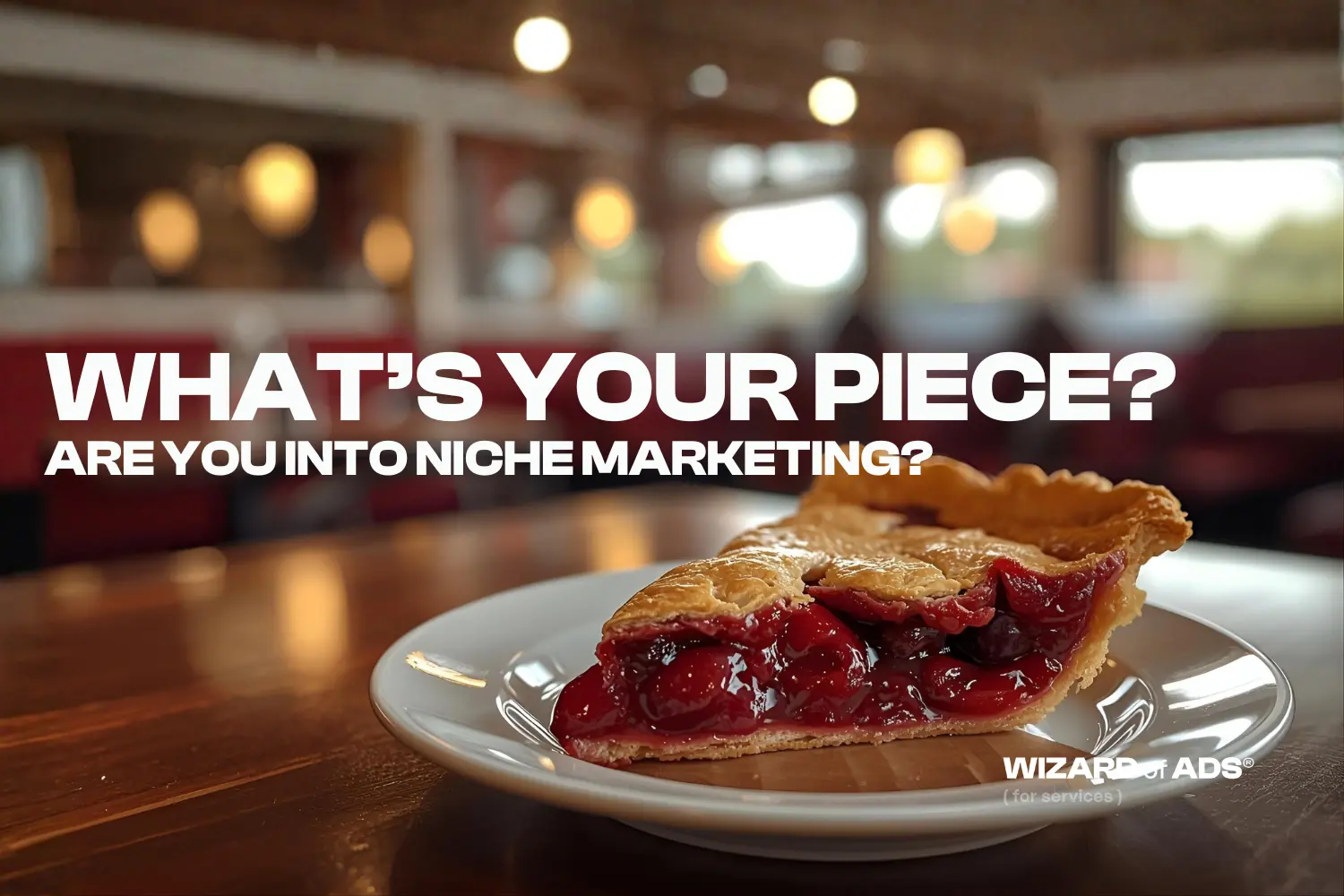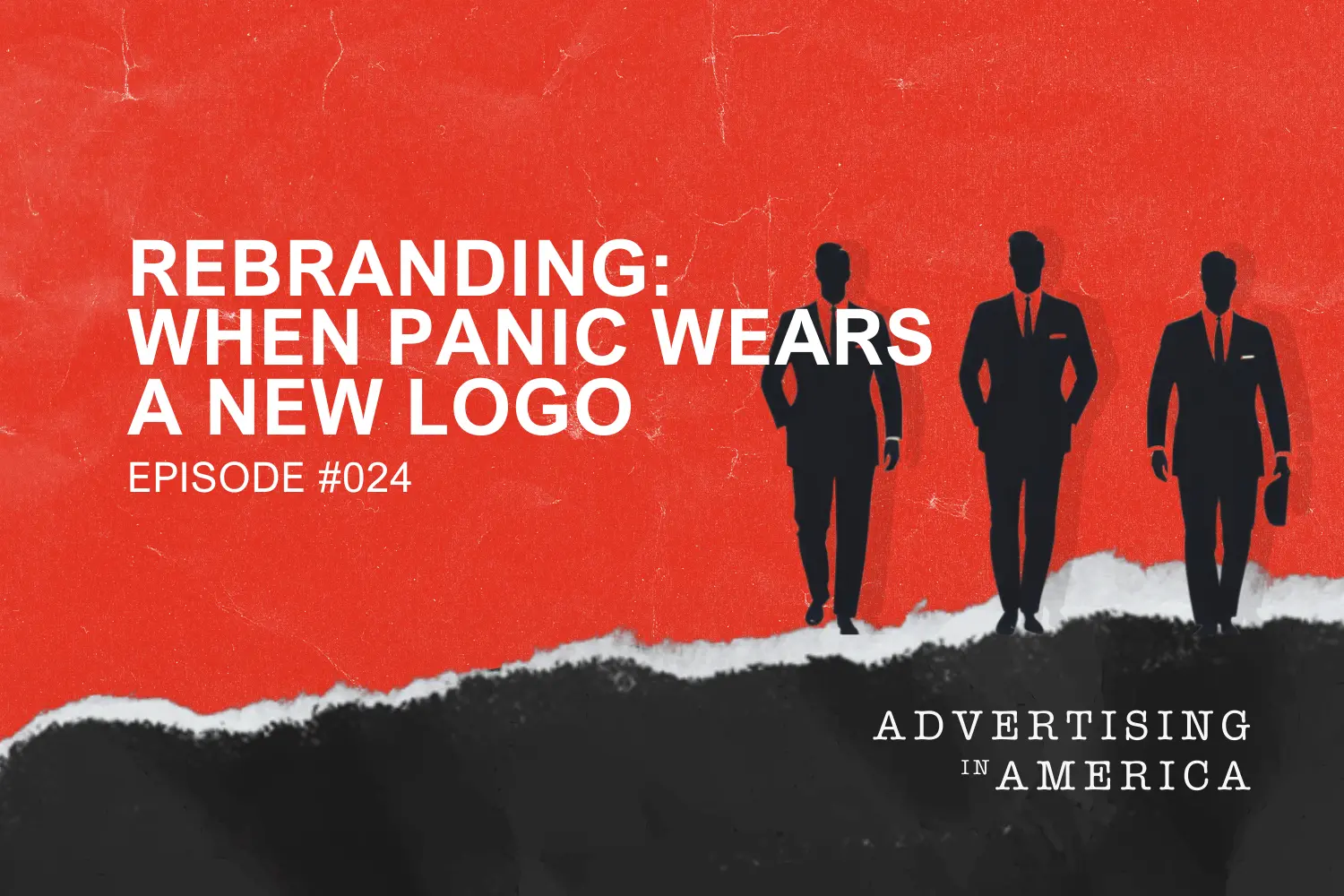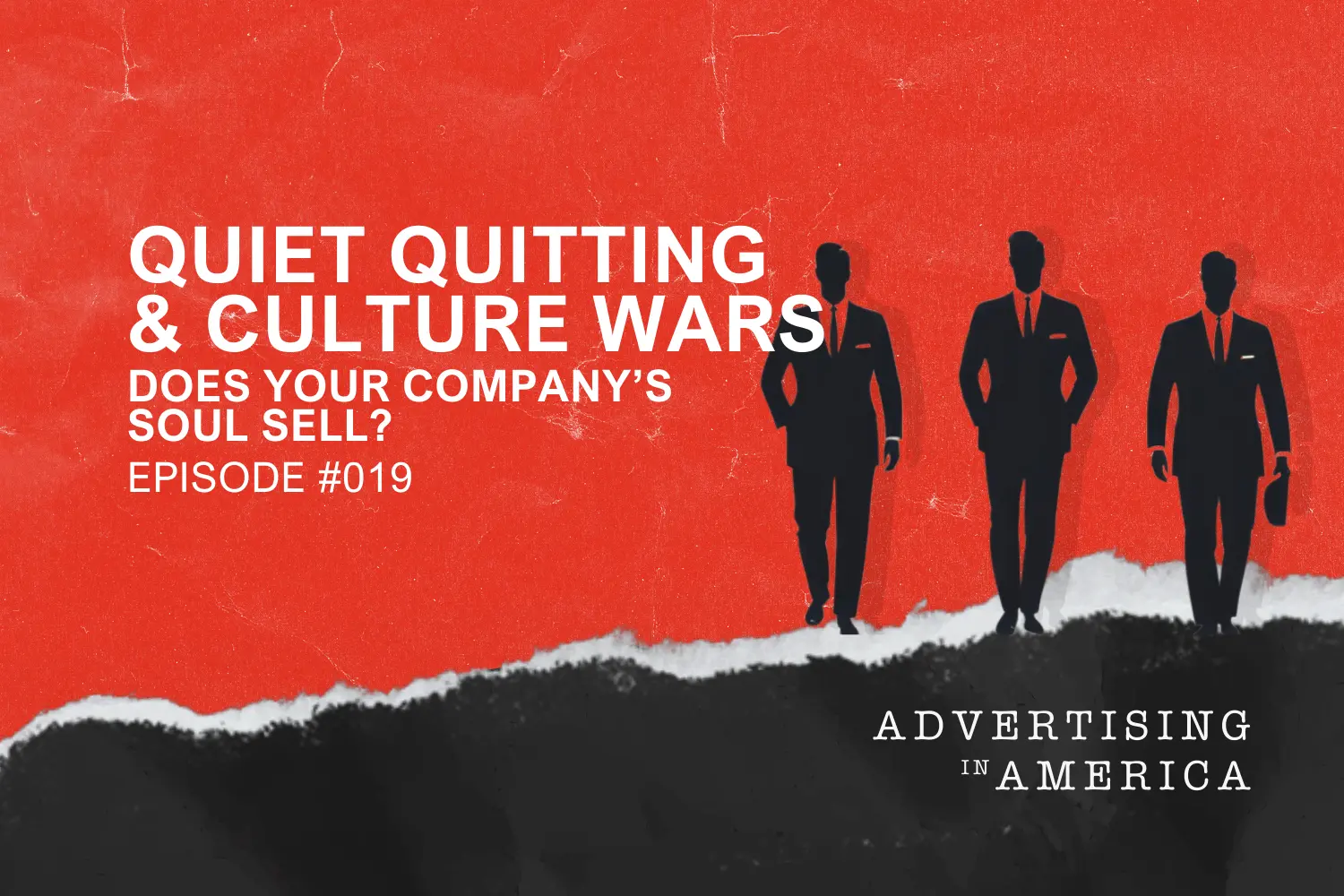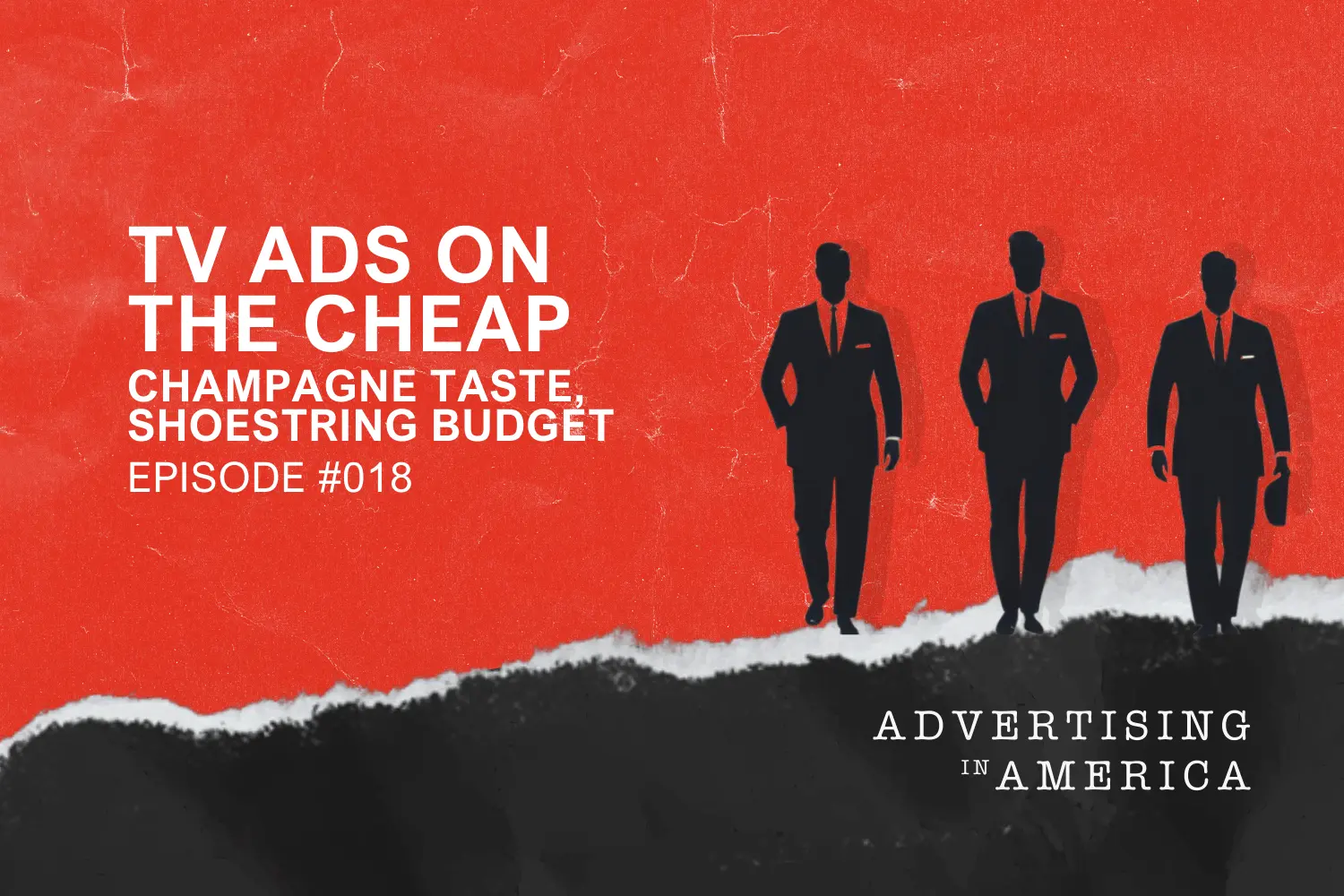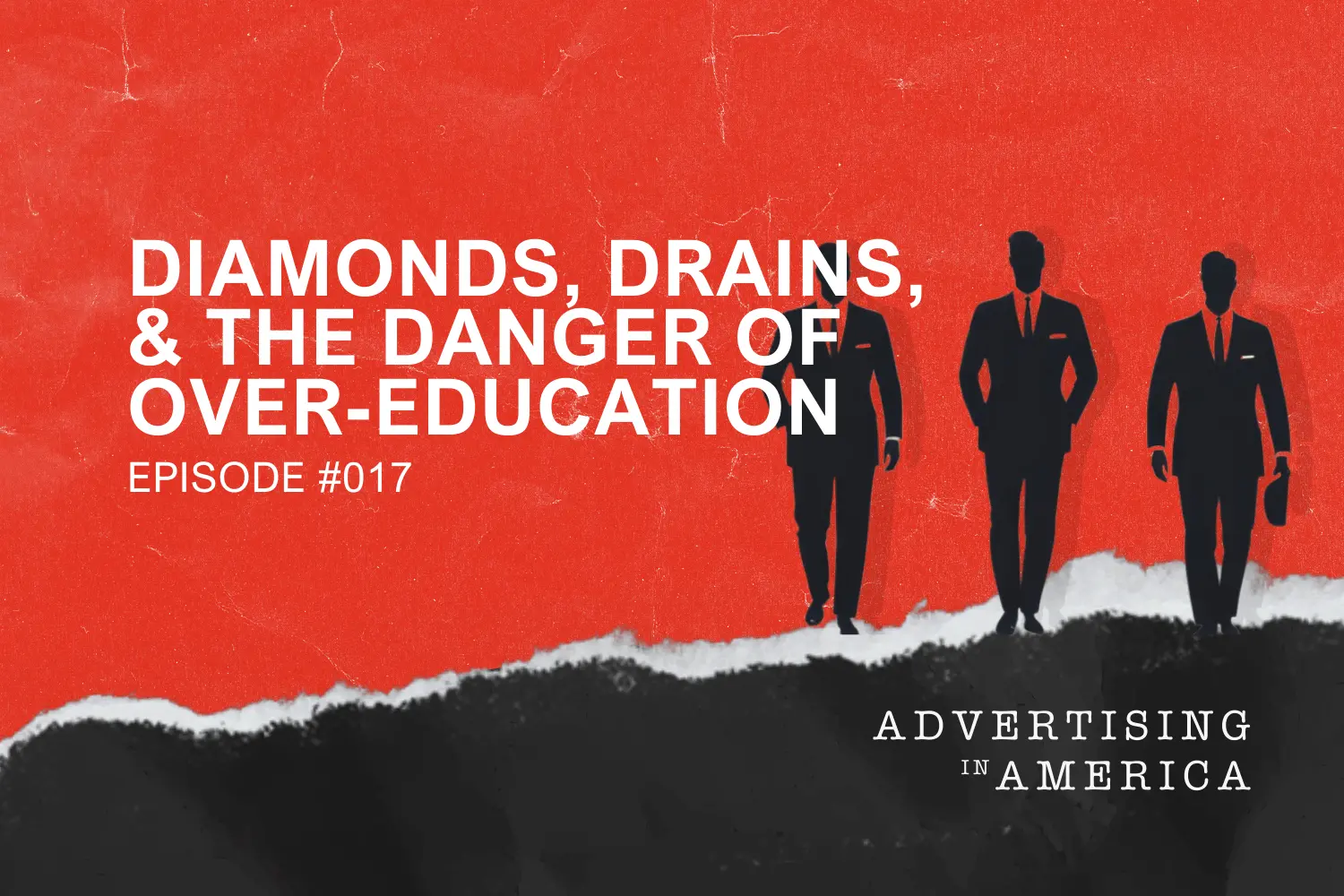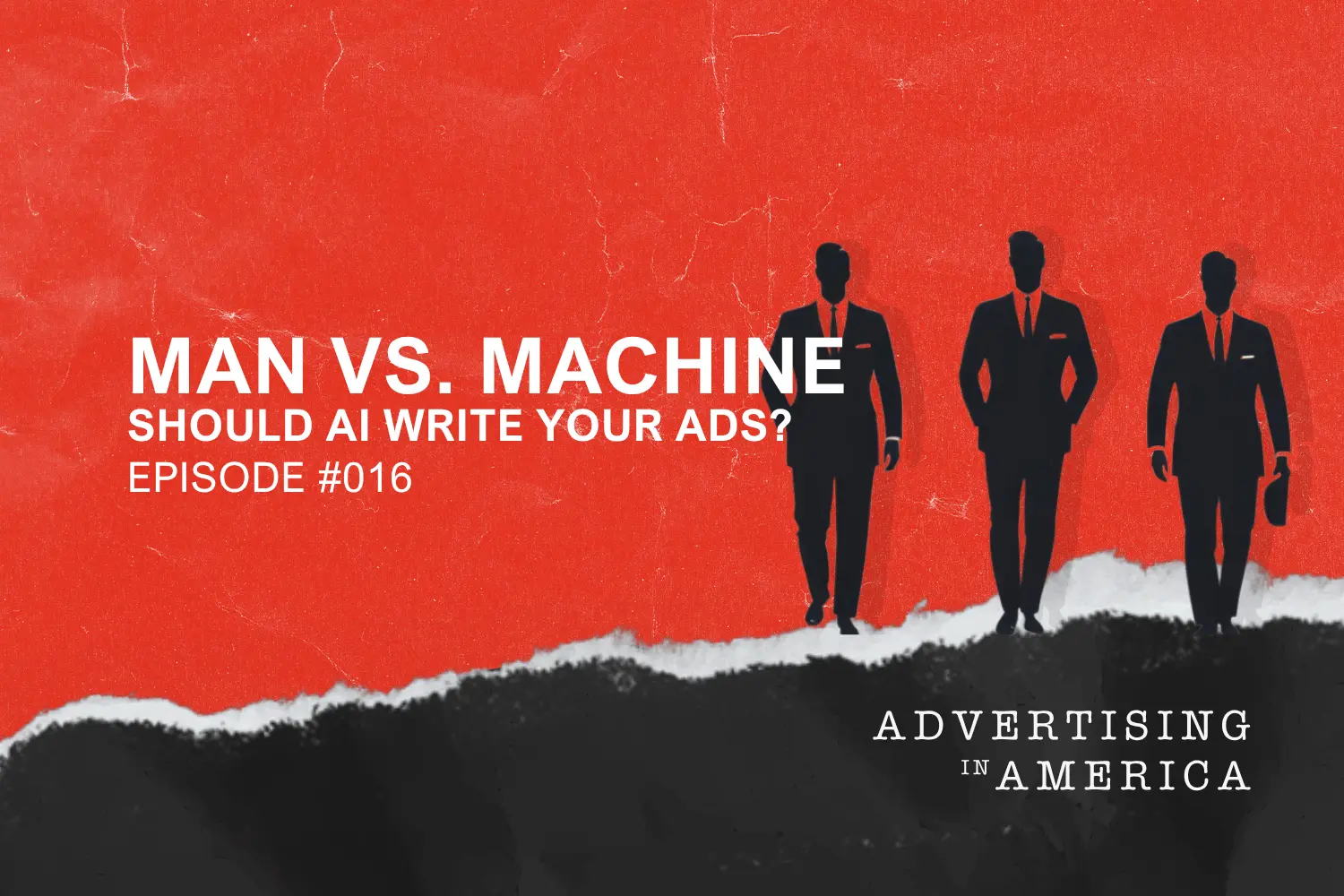
As a business owner, you're always looking for ways to improve your advertising and marketing techniques. To this end, one important distinction you should clearly specify is between relational and transactional ads. Relational advertising, as the name suggests, focuses on being relatable with a customer's sentiment, while transactional ads lean towards cheapest price and lowest barrier to entry. While both marketing approaches have their merits, what you ultimately choose will depend on your business goals. Do you want a quick sale or do you prefer building a solid customer base you can retarget for future transactions? Relational ads are more effective in the long run, especially for businesses in the residential home services industry, but that doesn’t suggest you should abandon transactional ads. This is because customers are more likely to hire your services again if they feel like you care about them as people, not just as a potential revenue source. In this article, we'll explore everything you need to know about transactional and relational advertising: from its origins, and history, then down to their perfect combination to ensure steady year-over-year growth. Let's dig in.

Hippocrates on Information-Gathering and Decision-Making
Hippocrates believed that the body was primarily made up of humors or bodily fluids, which are blood, phlegm, yellow bile, and black bile. According to his teachings, how humans gather information or make decisions are dictated by the imbalances of the four humors. The excess or lack thereof of each bodily fluid influences the expression of our humanistic moods, emotions, personalities, and behaviors, including people's susceptibility to diseases. Throughout history, many academics like Empedocles, Alcmaeon, and Galen, and also screenwriters like Shakespeare have all built on the belief that Hippocrates originally theorized. These personalities have all been instrumental in affirming, codifying, honoring, and personifying Hippocrates' four temperaments, which are now known as:
- Sanguine
- Choleric
- Melancholic
- Phlegmatic
You might be thinking, "what does this have to do with my business?" Well, you may not know this but business has more to do with psychology than anything else. Remember that securing a sale demands an alignment of beliefs between you and your customers. That’s why knowing your audience’s temperaments should be a part of your marketing approach. A clear understanding of your prospect's personalities, respective preferences, and approaches to decision-making will ultimately help you influence their behavior and guide them to your desired outcome. This enables you to frame your campaigns in a relational advertising tone, helping you connect with prospects on a deeper level which builds a long-lasting relationship with customers.
Shakespeare and the Full Range of Human Behaviors
Among all playwrights of old, only Shakespeare came close to expressing the full range of human behaviors in his plays. Literature has never produced a character as rich and humanly recognizable as those created by William Shakespeare. He accomplished this feat by following and abiding by Hippocrates' theory and beliefs on the four temperaments. It's truly mind-boggling how Shakespeare understood human personality better than the rest of us considering his only basis was Hippocrates' teachings. Shakespeare wove these temperaments into his plays in order to create characters that people from all walks of life could identify with. In doing so, he has given us a timeless gift that will continue to entertain audiences for generations to come. Despite the theory of bodily humors heavily being discarded in the scientific community nowadays, there's wisdom in Shakespeare's example: For business owners, the four temperaments enable us to recognize our customer’s respective stories and craft a better and more personal experience through relational advertising that speaks to our prospect’s felt needs. The four temperaments sanguine, choleric, melancholic, and phlegmatic are each expressed through different characteristics. For example, cholerics are known to value results over relationships, but they are also open to building professional ties if businesses can provide the results they want. As a residential home service business, you can connect with choleric people by stressing the importance of quality workmanship and speedy results in your advertising. Sanguines, on the other hand, are people-oriented and love to socialize. They’re often drawn to businesses that offer a personal touch and relational customer service. As a business owner, you can appeal to sanguine prospects by highlighting your company’s friendly atmosphere and commitment to great customer service. The point is, while relational advertising may seem like a new concept, it is actually based on an age-old idea. By understanding the 4 temperaments, you can create ads that resonate with your target audience on a deeper level, increasing the chances that they will take action. Want to link your way of thinking to your customer’s mindset? Book a call with Wizard Ryan Chute of Wizard of Ads® for Essential Services and he’ll Professor X your way into your prospect’s psyche.

The 4 Basic Temperaments in Every Form of Storytelling
Since the imbalances of the bodily humors produced the 4 temperaments we all know and love, Hippocrates stressed that the balance and good mix of these humors defined good health and the ideal personality. This concept of complementary relationship among the four humors, and in turn the four temperaments, have been the explanation why Shakespeare's plays were the best and the golden standard of the world's most renowned TV shows. Shakespeare's Henry IV is described by some as the greatest literature of all time and the masterpiece of historical drama. It is also known to be the closest to the ideal humoral balance. The reason being each of the four main characters represented a specific temperament. King Henry IV himself exhibited melancholic qualities, Prince Hal had sanguine, Sir Harry Hotspur was choleric, and Sir John Falstaff showed phlegmatic qualities. In today's media, we see the same pattern among characters: Star Trek
- Sanguine: Captain Kirk
- Choleric: Spock
- Melancholic: Scotty
- Phlegmatic: Bones
Friends
- Sanguine: Phoebe and Joey
- Choleric: Monica
- Melancholic: Ross
- Phlegmatic: Rachel and Chandler
Seinfeld
- Sanguine: Kramer
- Choleric: Elaine
- Melancholic: George
- Phlegmatic: Jerry
Sex and The City
- Sanguine: Samantha
- Choleric: Miranda
- Melancholic: Charlotte
- Phlegmatic: Carrie
Schitt’s Creek
- Sanguine: Moira
- Choleric: Johnny
- Melancholic: David
- Phlegmatic: Alexis
Game of Thrones
- Sanguine: Arya
- Choleric: Sansa
- Melancholic: Jon
- Phlegmatic: Bran
This ethereal combination of the four temperaments is the cornerstone of a good novel, a hit TV show, and effective relational advertising — basically every type of long-term entertainment. Why? Because the interweaving of the four temperament's inevitable conflicts and persisting need for one another is the quality that keeps the storyline intriguing and interesting for audiences. Needless to say, if you want to build long-term relationships with your clients, craft relational advertisements that speak, complement, harmonize, augment, and enhance their temperament’s language. Sprinkle in the trifecta of a killer value proposition — meets their felt needs, caresses their pleasure points, and soothes their pain points — you successfully align their beliefs to yours.

The Perfect Combination of Ads for a Consistent Year-over-year Growth
As the world of advertising rapidly changes, so do the marketing techniques that companies use to reach and engage their target audiences. In order to stay ahead of the curve, it’s important to understand the different types of ads and how they can be used complementarily to create a successful ad campaign. For starters, relational advertising is a form of relationship marketing where your focus is on bonding with your customers. This sets the stage for your client's long-term brand loyalty and satisfaction. Transactional ads, on the other hand, are designed to generate a sale today. They establish a traditional relationship between brands and customers where the focus is simply selling a product or service. In other words, you're not in it for the long haul, you only want a quick buck (buyer’s perception). That's not to say transactional marketing isn't a good tactic. The strategy leans toward selling efficiency and increased volume in point-of-sale transactions which is the foremost priority of buy-and-sell businesses. However, for industries like the residential home service where customer retention and client membership are the lifeblood of your business, you need to establish a solid rapport with customers to thrive in the biz. While both types of ads have their place in a well-rounded marketing strategy, relational ads are often more effective in driving consistent year-over-year growth. That’s because they create an emotional connection with the customer that goes beyond the transaction. Think about it: when was the last time you repeatedly bought a product because you had a “transactional” relationship with a company? Probably never. While you’ve presumably made multiple purchases from businesses with whom you have a relational connection. Still, what are relationships if you don't get your customers moving to where your blow the wind? Relational advertising is meant to bond with customers, but the transactional ad is what activates the sale. Formulating a balanced recipe is what you need to do when crafting a killer ad campaign. Thankfully, we have the formula served on a silver platter for you, which is:*drumroll*
- 2/3 Relational customer-bonding ads
- 1/3 Transactional sales-activation ads
Every marketing campaign you develop must have this magical combination. After all, asking a big favor from a person whom you've built a meaningful relationship with is FAR easier than asking the same from a stranger. The key here is making the whole process holistic. Your relational advertising techniques must be supplemented by other touchpoints within your business like customer service. Here's an example: An HVAC contractor can produce relational ads that focus on the buying experience, customer satisfaction, and righting industry wrongs, while preserving the temperament-fit style and tone. Then, when the shoulder season rolls around and you’re scrambling to fill the appointment board, the business can switch to transactional ads that offer a value-add for scheduling an appointment or tune-up within the next 24 hours. The relational ads create top-of-mind awareness, build credibility, and establish the company as a trusted source for HVAC services. The transactional ads will then provide concrete, tangible reasons to choose your particular company over others. Of course, your ad campaigns will be unique to your residential home service business, but the general principle remains the same: 2/3 relational ads + 1/3 transactional ads = 1 successful marketing strategy. If you need professional guidance in concocting the perfect ad campaign, Wizard Ryan Chute from Wizard of Ads® for Essential Services is the expert who can blend your marketing strategy into a juicy beverage that hits the spot. Book a call.

